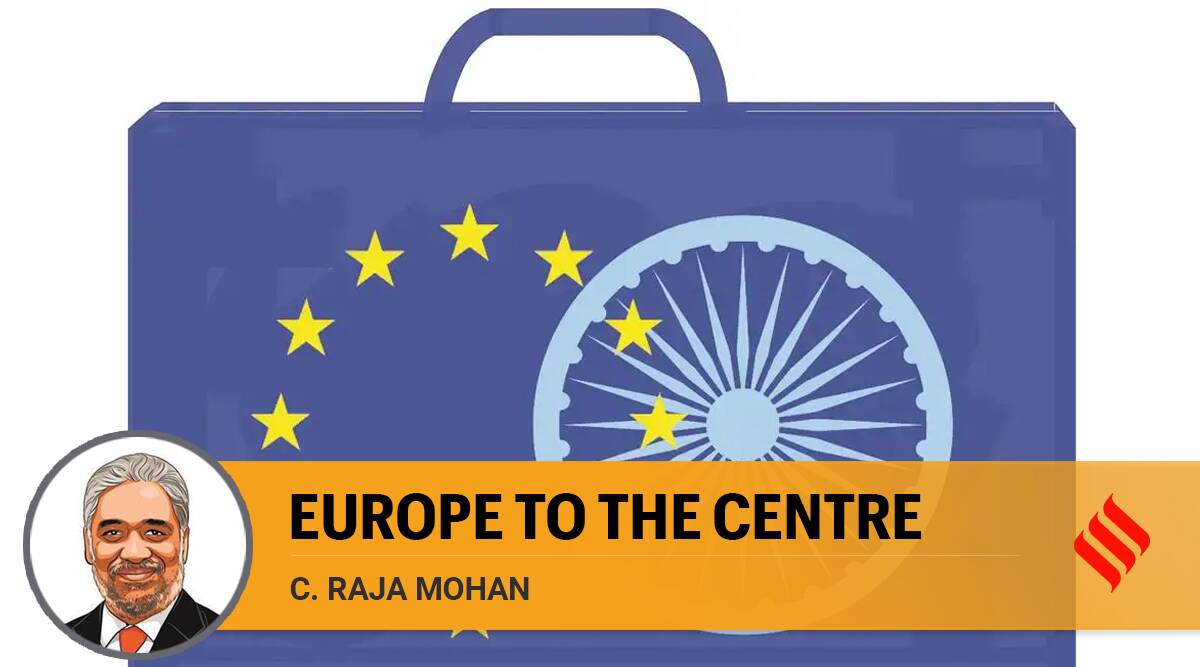Live Classes

The Ukraine war has shown that India needs strong commercial and security partnerships with Europe that stand on their own merit and bring the many synergies between them into active play.
With the horrific war in Ukraine showing no signs of ending, Prime Minister Narendra Modi’s visit to Berlin, Copenhagen, and Paris this week could give us a glimpse of India’s post-Russian strategic future in Europe. As Russia, isolated by unprecedented Western sanctions, deepens its alliance with China, Europe has begun to loom larger than ever before in India’s strategic calculus. Last week, the focus was on engagement with collective Europe. In her visit to Delhi, the president of the European Commission, Ursula von Der Leyn, unveiled the new contours of the EU’s strategic partnership with India by launching the India-Europe Trade and Technology Council. This is the EU’s second such council. Last year, the EU signed a similar agreement with the US. This week, the focus is on India’s key bilateral partnerships with European majors — Germany and France — as well as a critical northern corner of Europe, the so-called Norden that punches way above its small size. Modi’s tour should give Delhi a better appreciation of the new mood in Europe that has been shaken by the Russian aggression. The PM will have an opportunity to find ways to limit some of the negative regional and global consequences of the war and explore the emerging possibilities for stronger cooperation with key European countries. In Berlin, the PM will have an opportunity to commiserate with the German Chancellor Olaf Scholz — both the leaders have problems coping with President Vladimir Putin’s war in Ukraine. Having built up a significant engagement with Moscow over the decades, India and Germany are under pressure to disentangle from the Russian connection. Modi and Scholz could also exchange notes on how their long-standing illusions about China came crashing down. Both had bet that trading with China will moderate Beijing’s behaviour, both are having second thoughts now thanks to Xi Jinping’s muscular foreign policy. In Copenhagen, the bilateral talks with Danish leadership are about Delhi finally finding time for the smaller European countries. In the last few years, Delhi has learnt that every one of them can contribute significantly to India’s development.
Download pdf to Read More